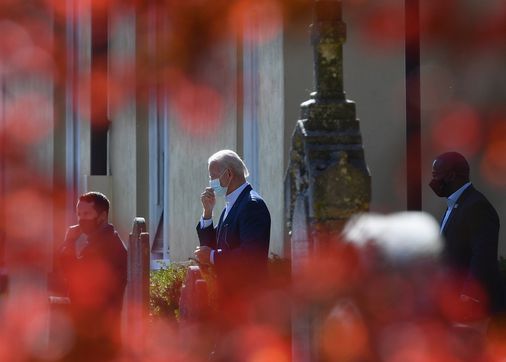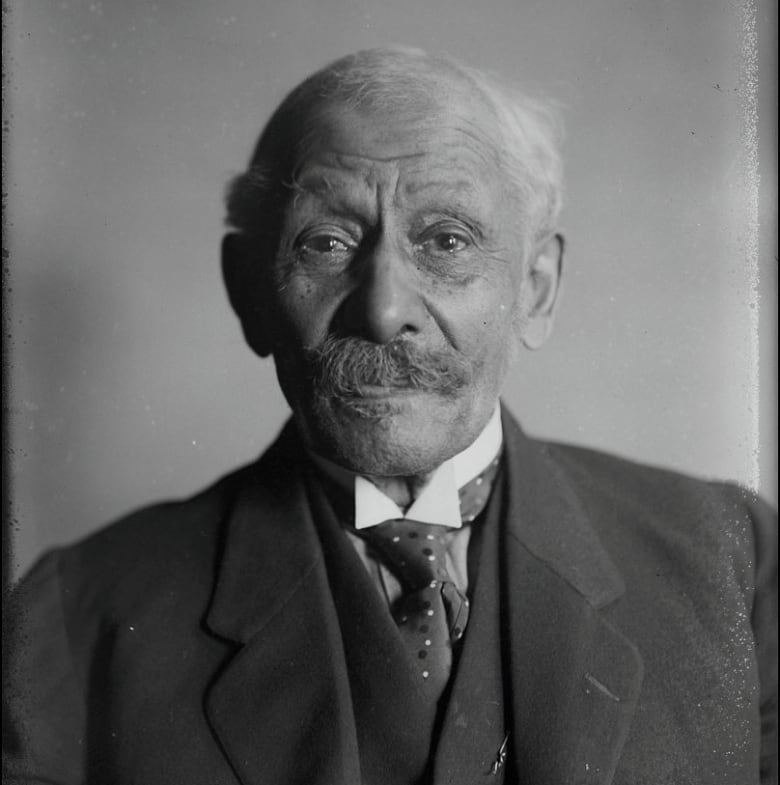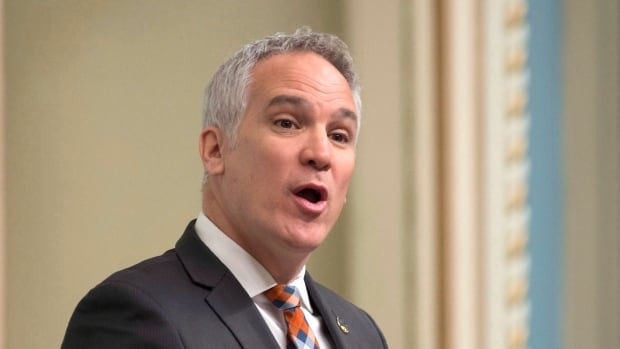WASHINGTON — On the morning of one of the most consequential days in his life, and maybe the nation’s history, too, Joe Biden attended Mass at the unassuming Roman Catholic church near his Delaware home.
The trip wasn’t a photo-op, just part of the normal routine for a man who will become only the second Catholic ever to be US president.
Biden always carries a rosary in his pocket and laces speeches with scripture. On the campaign trail, he was known to stop for a moment of quiet prayer, sometimes alone, sometimes with someone he had just met. Throughout his political career, it was not uncommon for Biden to attend a Saturday morning event with churchgoers and still make an evening service, his longtime friends and staffers say.
Indeed, his central pitch to voters as he paved his path to the White House this year carried a religious overtone: Americans were in “a battle for the soul of the nation.”
“I don’t think you go to Mass on Election Day to make a political statement,” said Margaret McGuinness, a professor of religion at La Salle University in Philadelphia. “We don’t have a tradition of that in this country. I think you go because you care and it means a lot to you.”
Despite breaking with Catholic doctrine on key issues such as abortion, Biden is expected to draw on a branch of his faith that is strongly rooted in social justice and reform for his governing philosophy. Rather than being in conflict, religious observers say these beliefs complement his worldview and permeate his deal-making approach to politics — a strength, supporters say, as he attempts to unify a splintered country.
But much like the rest of America, Catholics are polarized. Biden will have to build trust and bridge divides as he seeks to bring people of faith into the Democratic fold, despite those who see his desire for compromise and calls for unity as belonging to a bygone era.
“Anytime you see the good in people, you get called naive, and Joe has seen a lot of good in people,” said Sister Carol Keehan, the former president of the Catholic Health Association, a ministry of the Roman Catholic Church that encompasses hundreds of hospitals and health care facilities.
Biden’s comfort with his faith — and his willingness to talk about it — contrasts with most presidents and certainly the current one, historians said.
McGuinness often starts her lessons on John F. Kennedy, the first Catholic president, by noting that his wife, Jacqueline, once called him “a bad Catholic.” Kennedy, who won the White House after years of anti-Catholic sentiment, was so self-conscious about appearing to be influenced by the pope that he gave a speech during the 1960 campaign before a group of Protestant ministers pledging to resign should he ever be forced to “either violate my conscience or violate the national interest.”
President Trump has spoken little of his own faith, rarely goes to church, and is seen by many as morally flawed, even among his most ardent Christian followers. He was roundly criticized last summer after law enforcement officers forcibly cleared mostly peaceful racial justice protesters near the White House so he could stage a photo-op with a Bible in front of St. John’s Episcopal Church.
Biden, meanwhile, has long threaded his religious beliefs with his politics and could be more explicit still in how he blends those principles with his governing priorities, historians said.
In that vein, Biden is like Jimmy Carter, who saw his deep Baptist faith as enriching his presidency, not interfering with it, said Thomas H. Groome, professor in theology and religious education at Boston College.
Biden’s “whole life is permeated with the values and especially the social values of his faith,” Groome said. And yet, “he also knows he can’t impose the moral teachings of his faith unless people are willing to embrace them.”
In a 2015 interview with late-night TV host Stephen Colbert, Biden described his brand of Irish Catholicism, cultivated through his family and Catholic grade school education, not so much as a practice or a system of beliefs but as “a place you can go” and that brings “just an enormous sense of solace.”
“Some of that relates to ritual, some of that relates to this comfort of what you’ve done your whole life,” Biden said, whether by saying a rosary or being alone with your thoughts in a crowded Mass. “All the good things that have happened have happened around the culture of my religion and theology of learning.”
Not that he hadn’t grappled with doubt. “The faith doesn’t always stick with you,” he said, nodding to members of the audience, who like himself, had experienced tragedy.
Delaware Senator Chris Coons, who first met Biden as a young lawyer more than 30 years ago, remembers when Biden was not so open about his faith or his personal losses. Coons said Biden rarely spoke of the car crash that took the lives of his first wife, Neilia, and his infant daughter, Naomi, near Christmas in 1972.
Another tragedy — the death of his son Beau, from brain cancer in 2015 — changed that, Coons said.
“When something shattering happens to you, you either turn away from God or you turn toward God, and Joe, after Beau’s death, has demonstrably turned toward God,” Coons said.
Like others close to Biden, Coons has seen the president-elect in his most pensive moments grasp the rosary beads that once belonged to Beau. Biden still carries a small rosary in his pocket, which theologians such as Groome describe as “a very concrete way that Catholics have of taking their faith out of their heads and bringing it into their hands.”
In recent months, Biden’s motorcade has remained a regular sight at St. Joseph’s on the Brandywine, an unadorned church in Greenville, Del., with walls of pale yellow stucco, white trimming and silver steeple. Neilia, Naomi, and Beau are buried in the church’s cemetery.
Like many Irish Catholics, Biden’s faith is more grounded in family and local parishes than in strict adherence to the hierarchies of the Roman Catholic Church. He attended Catholic schools in his hometown of Scranton, Pa., and in Wilmington, Del., where his family moved when he was 10. Nuns and priests were a constant presence in Scranton, where he would roam the streets with friends while on weekend visits with his grandparents. It was there where his grandfather taught him to pray the rosary and “church always felt like an extension of home,” Biden wrote in his 2007 memoir, “Promises to Keep.”
He briefly considered entering the seminary to become a priest. His religious studies were steeped in Catholic social teaching, a doctrine that emerged in the 1890s and evolved into 10 principles centered on social justice and the common good, the most central being that all people are created with inherent dignity.
Under these guiding rules, it is not enough to feed the hungry, theologians said, but to also address the cause of their hunger. Biden spoke of this in an interview with the Christian Science Monitor in 2007.
“The animating principle of my faith, as taught to me by church and home, was that the cardinal sin was abuse of power,” he said. “It was not only required as a good Catholic to abhor and avoid abuse of power, but to do something to end that abuse.”
Still, Biden, like other Democratic Catholic politicians, has been scrutinized for his stances on issues such as abortion, LGBTQ rights, and so-called religious freedom. Breaking from traditional Catholic teaching, Biden in 2012 became the first national leader to support same-sex marriage and has said he believes “reproductive rights are a constitutional right” that should be accessible to every woman. Last summer, he reversed his decades-long support for a measure barring federal funding for most abortions after facing intense pressure from Democratic rivals.
For a hardening faction of conservative Catholics and evangelicals, there has been a growing sense of perceived persecution. This has come as Pope Francis — the first pontiff to hail from the Americas — steers the church in a more liberal direction on issues such climate change, poverty, and the enduring impact of colonization on marginalized people. Historically, there has been a divide among Catholics between those who believe in strict accordance with Catholic doctrine and those who want the church to use the teachings of Jesus Christ to put the needs of the poor and oppressed first.
“In the end, it is a difference of opinion on what we will be judged on when the time comes,” McGuinness said. “It is a difference of opinion on what it means to be a good Catholic.”
In the US, more than half of Catholics now believe abortion should be legal in all or most cases, according to the Pew Research Center. But their views diverge sharply along political lines: Some 55 percent of Catholic Republicans say abortion should be illegal in all or most cases, while 64 percent of Catholic Democrats believe the opposite, the Pew research has found.
Biden has long grappled with this evolution. During negotiations over the Affordable Care Act, where the Obama administration had committed to not letting federal funds be used for abortion, Biden pushed to ensure that pregnant women had access to complete prenatal coverage to care for their babies after their birth. It was this sort of understanding of human dignity, Keehan said, that Biden often brought to legislative work to aid the poor, low-income workers, and even middle-class families.
“You can’t say everyone should have good health care, good nutrition, and not do anything about it, particularly when you have the kind of power and influence he held,” she said.
Biden sought to imbue the same principles into his presidential campaign. He and his running mate, Kamala Harris — a Black Baptist from a Hindu family who is married to a Jewish man — made direct appeals to people of faith centered on common good values.
“Faith was integrated across the campaign, not just siloed into one outreach department,” said Josh Dickson, the Biden campaign’s national faith engagement director.
“What stands out to me is … how his authenticity in his faith was just so clear,” Dickson said.
For Catholics such as Nichole Flores, motivated to volunteer for Biden after the Trump administration split apart migrant families at the border, it was the first time they felt their faith was truly seen by the Democratic Party. She still doesn’t agree with the party’s stance on abortion, but said she appreciates Biden’s Catholic approach to so many other issues, including immigration and wealth distribution.
“One thing I think he brings to the conversation is a model for the diverse ways that Catholics live out our values in public life,” said Flores, an assistant professor of religious studies at the University of Virginia.
Another Biden volunteer, Grant Tabler, 22, said he came to see his vote for Trump in 2016 as likely “the greatest regret of his life,” one that now compels him to “fight for some sense of equality for all.”
He first heard of Biden in a critical way — when friends and family would argue the former vice president should not receive Holy Communion. But he soon realized that Biden “is pro-life, pro-protecting the migrant, pro-protecting the poor,” Tabler said.
Catholics make up about a fifth of US adults, and exit polls showed they split almost evenly between Biden and Trump; the Republican retained support from conservative evangelical Christian leaders and Catholics for his positions on defending religious freedom and opposing abortion, and for packing the courts with conservative judges.
Some lamented that Biden did not do more to appeal to voters of faith beyond the key battleground states, such as in Texas. “If he came and talked to Latinos about his faith …shared his passion and plans for his future, he would have won” the Rio Grande Valley, said Antonio Arellano, the interim executive director of Jolt, the largest Latino progressive organization in the state.
The political divide among Catholics was clear this month when Biden received a congratulatory call from Pope Francis while Trump was still refusing to concede. Days later, Los Angeles Archbishop José Gomez, head of the US Conference of Catholic Bishops, announced a working group to analyze Biden’s support for abortion rights, and experts said this effort could also consider whether to deny him communion.
Biden isn’t likely to be deterred in his calls for unity. In his victory speech on Nov. 7, he turned to the Christian hymn “On Eagle’s Wings,” calling for “faith in America and in each other, with a love of country — and a thirst for justice” in the quest to be a better nation.
“So I remember, as my grandpa said when I walked out of his home when I was a kid up in Scranton, he said: ‘Joey, keep the faith,’” Biden said. “And our grandmother, when she was alive, she yelled: ‘No, Joey, spread it.’ Spread the faith.”
Reach Jazmine Ulloa at jazmine.ulloa@globe.com or on Twitter: @jazmineulloa.


















